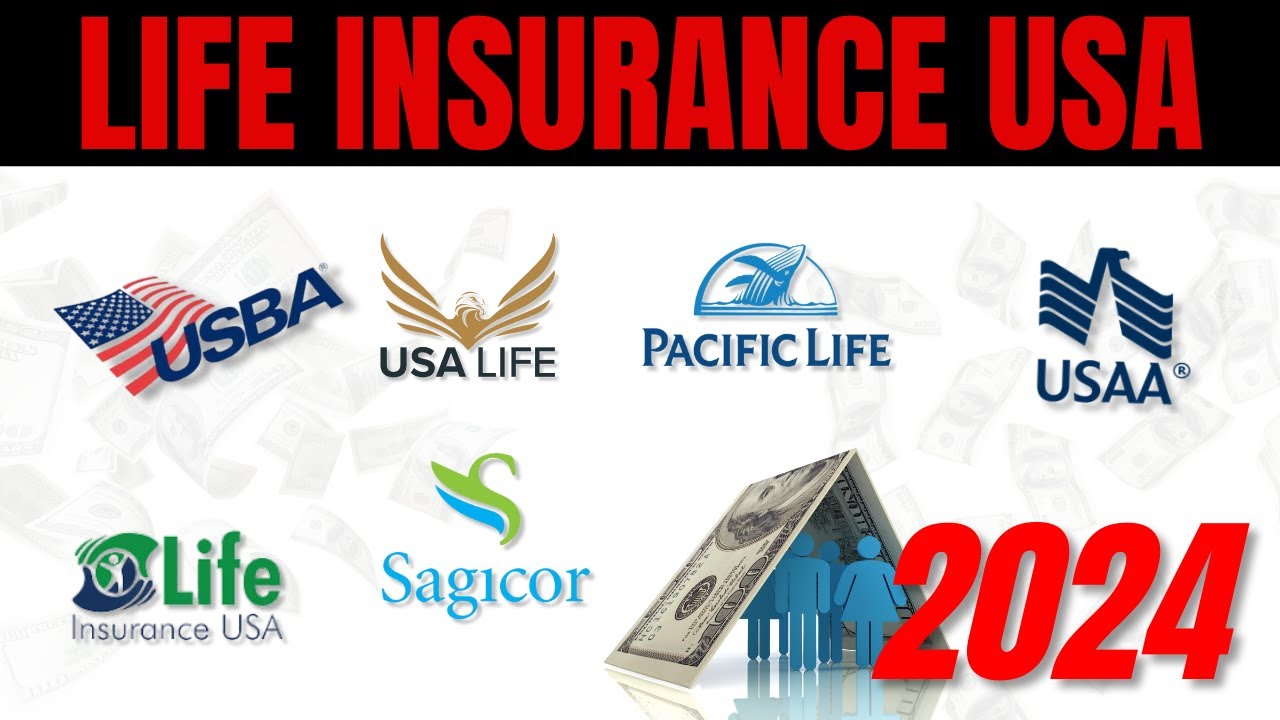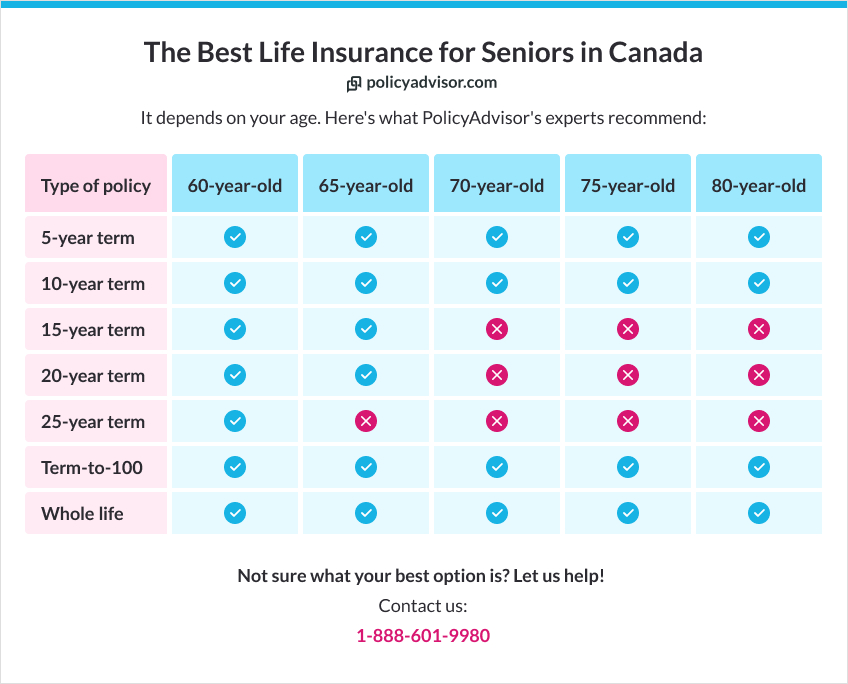What to Do When Your Car Gets Totalled in an Accident
You’ve just been through a traumatic experience. The last thing you need is to figure out the bureaucratic nightmare of dealing with a totaled car. We’ve boiled it down to a step-by-step guide to help you navigate this situation.
What to Do at the Scene
1. **Stay calm.** This is easier said than done, but it’s important to stay composed. Pull over if possible, and immediately check yourself for injuries. If you’re not seriously hurt, check on your passengers and any other drivers involved.
2. **Call the police.** Even if the accident is minor, calling the police can help create a record of what happened. This will be helpful if you need to file a claim with your insurance company or take legal action.
3. **Exchange information.** Get the other driver’s name, contact information, insurance information, and license plate number. You should also take pictures of the damage to both cars, and any visible injuries.
4. **Get a medical checkup.** Even if you don’t think you’re injured, it’s important to see a doctor. Some injuries may not be immediately apparent.
5. **Contact your insurance company.** Notify your insurance company about the accident as soon as possible. They will provide you with instructions on what to do next.
6. **Don’t sign anything.** The other driver’s insurance company may try to get you to sign a statement or release. Don’t do so without first speaking to your own insurance company.
Aftermath of a totaled car accident: Navigating the insurance labyrinth
Life can throw us curveballs when we least expect them, and a car accident can be one such jarring event. In the aftermath of such a traumatic experience, one of the most pressing concerns is dealing with the aftermath, including the potential for your car to be declared a total loss. Totaling a car can be a stressful and confusing process, but understanding the steps involved can help you navigate the insurance labyrinth and protect your financial interests.
Contact Your Insurance Company
First and foremost, it is crucial to reach out to your insurance company. Report the accident promptly and provide them with all the relevant details, including the time, location, and other vehicles involved. Filing a claim initiates the process of documenting the incident and getting the ball rolling on your insurance coverage. Remember, timely reporting can make a significant difference in the smoothness of your claim.
Gathering Evidence and Documentation
Once you’ve notified your insurance company, start gathering evidence to support your claim. Take pictures of the accident scene, any visible damage to your vehicle, and injuries sustained by yourself or any passengers. Collect contact information from witnesses and obtain a copy of the police report if one was filed. These pieces of evidence will help substantiate your claim and provide a clear picture of what transpired.
Determining the Extent of Damage
After gathering evidence, your insurance company will schedule an inspection to assess the extent of the damage. An insurance adjuster will examine your car and determine if it is repairable or considered totaled. Typically, a car is deemed a total loss if the cost of repairs exceeds a certain percentage of its pre-accident value, often around 70-80%. If your car is totaled, the insurance company will calculate the actual cash value (ACV) of the vehicle, which is the amount they will pay you for your loss.
Settlement and Negotiation
Once the ACV has been determined, you can expect to receive a settlement offer from your insurance company. This offer should reflect the value of your totaled car, minus any applicable deductibles or depreciation. If you are not satisfied with the initial offer, don’t hesitate to negotiate with the insurance company. Provide them with evidence to support your claim for a higher settlement, such as comparable sales prices for similar vehicles.
Moving Forward
Settling your insurance claim can be a rollercoaster of emotions, but remember that you’re not alone. If you have any questions or concerns throughout the process, don’t hesitate to reach out to your insurance agent or an attorney specializing in car accident claims. By staying informed and protecting your rights, you can navigate the aftermath of a totaled car accident with confidence and ensure a fair settlement.
Car Got Totalled in an Accident? Here’s What to Do
Getting into a car accident is a stressful and confusing experience. If your car is totalled and you’re not sure what to do next, don’t worry. Here’s a step-by-step guide to help you through the process.
Gather Evidence
The first step after an accident is to gather as much evidence as possible. This includes taking photos of the damage to your car and the accident scene. If there were any witnesses, get their names and contact information. You should also get a copy of the police report.
Be sure to document everything, even if it seems minor. This evidence will be helpful when you file an insurance claim or take legal action.
**What to Document**
- Take photos of the damage to your car from all angles.
- Take photos of the accident scene, including any skid marks or debris.
- Get the names and contact information of any witnesses.
- Obtain a copy of the police report.
- Keep a record of all medical expenses and lost wages.
Once you have gathered all of the necessary evidence, you can start the process of filing an insurance claim. You should also contact a lawyer if you have any questions about your legal rights.
Your Car Got Totaled in an Accident? Here’s What to Do
It can be a jarring experience to be in a car accident, and it can be even more unsettling when your beloved car is declared totaled. But don’t worry, you’re not alone. Here’s a comprehensive guide to help you navigate the process and get back on the road as quickly as possible.
Get an Estimate
The first step is to contact your insurance company and report the accident. They will send an adjuster to examine your car and determine if it’s worth repairing or if it should be totaled. The adjuster will assess the damage, including the cost of repairs, the car’s age, and its value. If the cost of repairs exceeds the car’s actual cash value (ACV), it will likely be deemed a total loss.
Understand Your Options
Once your car has been declared a total loss, you have a few options. You can:
- Accept the insurance company’s settlement offer: This is typically the quickest and easiest option, but it may not be the most lucrative.
- Negotiate a higher settlement: You can try to negotiate a higher settlement with your insurance company if you believe the ACV is too low.
- Sell the car yourself: You can sell the car yourself for salvage value, which can supplement the insurance settlement. However, this option requires more time and effort.
Protect Your Interests
It’s essential to protect your interests throughout the process. Here are a few tips:
- Get a copy of the accident report: This will provide you with an official record of what happened.
- Document the damage: Take pictures of the damage and gather any estimates or repair bills.
- Get a second opinion: If you’re not satisfied with the insurance company’s assessment, you can get a second opinion from an independent mechanic.
Be Prepared to Move On
Once you’ve settled the claim, it’s time to move on and find a replacement car. This can be an exciting opportunity to upgrade your ride or find a more suitable vehicle for your needs. Remember, car accidents are a part of life, and they don’t have to hold you back from enjoying the freedom of the road.
Car Got Totalled in an Accident: What to Do Next
If you’re reading this, you’ve likely just experienced the unfortunate event of having your car totalled in an accident. It can be a stressful and confusing time, but don’t worry—we’re here to help you navigate the process of dealing with a totalled car and getting back on the road as soon as possible.
First and foremost, it’s important to stay calm and collect your thoughts. Pull over to a safe location if possible, and check yourself for injuries. Once you’re sure you’re okay, it’s time to start thinking about what to do with your car.
Decide Whether to Repair or Replace Your Car
The first decision you’ll need to make is whether to repair or replace your car. This will depend on a number of factors, including the extent of the damage, the value of your car, and your budget. If the cost to repair your car is less than the value of your car, you can decide whether to repair or replace your car.
If the cost to repair your car is more than the value of your car, your insurance company will likely declare it a total loss and pay you the actual cash value of your car. You can then use these funds to purchase a new or used car.
Contact Your Insurance Company
Once you’ve decided whether to repair or replace your car, it’s important to contact your insurance company as soon as possible. They will be able to help you file a claim and process your payment. Be sure to provide them with all of the details of the accident, including the date, time, location, and other vehicles involved.
Get a Repair Estimate
If you’ve decided to repair your car, you’ll need to get a repair estimate from a qualified mechanic. This will help you determine the cost of the repairs and whether it’s worth it to fix your car.
Negotiate with the Insurance Company
Once you have a repair estimate, you can negotiate with the insurance company to get a fair settlement. Be prepared to provide documentation to support your claim, such as photos of the damage and receipts for any repairs you’ve already made.
Purchase a New or Used Car
If your car is totalled and you’ve decided to replace it, you’ll need to purchase a new or used car. This can be a daunting task, but it’s important to take your time and research your options. Be sure to consider your budget, your needs, and your lifestyle when making your decision.
Car Got Totalled in an Accident: What to Do
Experiencing a car accident is distressing, especially if your vehicle gets totalled. Don’t panic, though. Follow these steps to navigate this challenging situation and protect your interests:
Negotiate with Your Insurance Company
If you decide to repair your car, you’ll need to negotiate with your insurance company to get a fair settlement. Here are some tips:
1. Gather Evidence: Document the damage with photos, repair estimates, and any other relevant paperwork.
2. Research: Determine the fair market value of your car before the accident. Consult resources like Kelley Blue Book or NADAguides.
3. Negotiate: Present your evidence to the insurance company and negotiate a settlement that covers your repair costs. Don’t be afraid to stand your ground and ask for what you’re entitled to.
4. Understand Your Options: If the insurance company’s offer is unsatisfactory, you can consider arbitration or hiring an attorney.
5. Stay Organized: Keep all communication and documentation related to the accident and insurance claim in one place.
6. Know Your Rights: Familiarize yourself with your insurance policy, state laws, and the rights you have as an accident victim:
– Compensatory Damages: You’re entitled to compensation for the actual value of your car’s damage, as well as any additional expenses incurred due to the accident, such as rental car fees or lost wages.
-
Diminished Value: Your car’s value may decrease even after repairs, which you may be able to claim as part of your settlement.
-
Emotional Distress: In some cases, you can also seek compensation for emotional distress caused by the accident.
-
Statutes of Limitations: There are time limits for filing insurance claims and lawsuits, so it’s crucial to act promptly.
-
Comparitive Negligence: If you’re found to be partially at fault for the accident, your settlement may be reduced.
-
Insurance Fraud: It’s illegal to misrepresent the facts or exaggerate your claim, which could result in criminal charges or denial of your claim.
Car Got Totalled in an Accident: A Guide to Next Steps
If you’ve had the misfortune of being involved in a car accident that resulted in your vehicle being totalled, you’re likely feeling overwhelmed and unsure of what to do next. This guide will provide you with step-by-step guidance on how to navigate this process, from filing an insurance claim to recovering your losses.
File an Insurance Claim
The first step is to file an insurance claim with your provider. Gather all the necessary documentation, including the police report, medical records, and photos of the damage. Be sure to provide a detailed account of the accident and any injuries sustained.
Determine the Total Loss Value
Your insurance company will assess the damage to your car and determine its total loss value. This is the amount they will pay you for the vehicle. The total loss value is typically based on the car’s market value, age, and condition.
Negotiate a Settlement
Once you have received the insurance company’s offer, you can negotiate a settlement. If you believe the offer is too low, you can provide evidence to support your claim for a higher payment.
Get Your Car Repaired or Replaced
Once you have reached a settlement with your insurance company, you can get your car repaired or replaced. If you choose to repair your car, the insurance company will typically issue a check to cover the repair costs. If you choose to replace your car, the insurance company will pay you the total loss value.
Choosing a Repair Shop
If you decide to repair your car, it’s important to choose a reputable repair shop. Get recommendations from friends or family, or read online reviews. Make sure the shop has experience repairing your make and model of car.
Getting a Replacement Car
If you need a replacement car, you can either buy a new or used car. If you choose to buy a new car, you can use the total loss value to cover the down payment. If you choose to buy a used car, you can negotiate with the seller to get a fair price.
Additional Considerations
In addition to the above steps, there are a few other things you should keep in mind:
- Get a copy of the police report for your records.
- Keep all documentation related to the accident and your claim.
- Contact your attorney if you have any questions or concerns about the process.




Leave a Reply